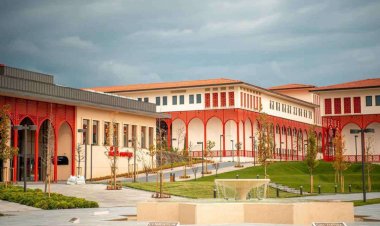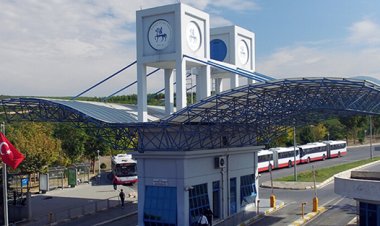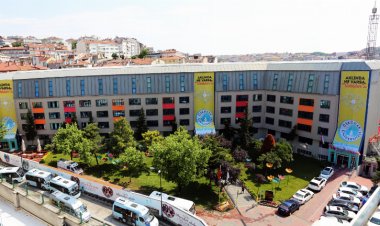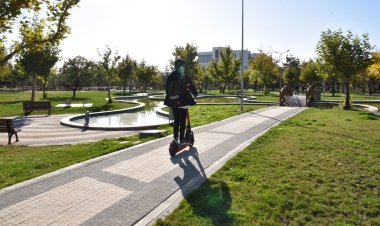The relationship between the 21st-century skills and computational thinking skills of prospective mathematics and science teachers
The relationship between the 21st-century skills and computational thinking skills of prospective mathematics and science teachers
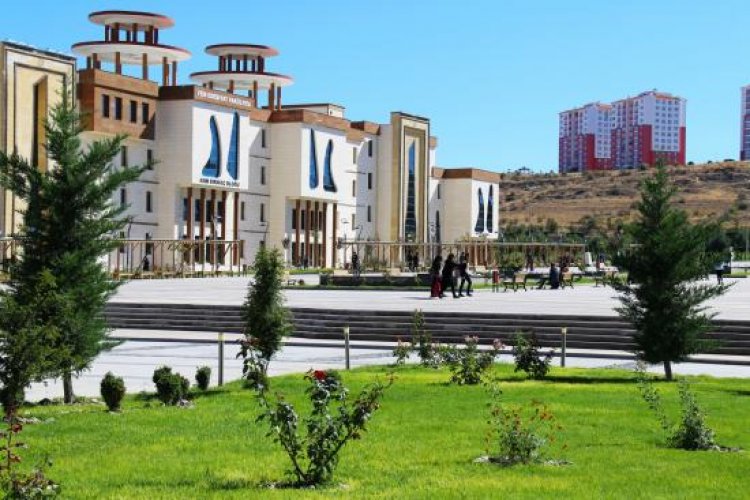
The relationship between the 21st-century skills and computational thinking skills of prospective mathematics and science teachers Kaya, Deniz; Yaşar, Ayten Öykü; Çetin, İbrahim; Kutluca, Tamer This study aimed to determine the strength of the relationship between 21st-century skills and the computational thinking skill levels of prospective teachers, as well as the affect of 21st-century skills on computational thinking. This study adopted a correlational design as part of a quantitative methodology. The study sample consists of 300 prospective teachers, selected using purposive sampling.
Multidimensional 21st Century Skills and Computational Thinking scales were used as data collection tools. The results revealed that the 21st-century skill components of prospective teachers did not differ by department; however, relationships were found with gender, grade level, and academic achievement. Additionally, a significant correlation was identified between department, gender, grade level, and academic achievement in relation to the components of computational thinking skills. A significant positive correlation was found between 21st-century skill components and computational thinking skill levels, with the 21st-century skill components of prospective teachers significantly influencing their computational thinking levels.
As prospective teachers' information and technology literacy, critical thinking and problem solving, entrepreneurship, innovation, social responsibility and leadership skills increase, their computational thinking levels also increase. It was recommended that prospective teachers' awareness of the importance of 21st-century skills be enhanced, and that mathematics and science curricula be designed to incorporate future-oriented skills.
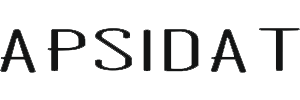
 Bilgi
Bilgi 






